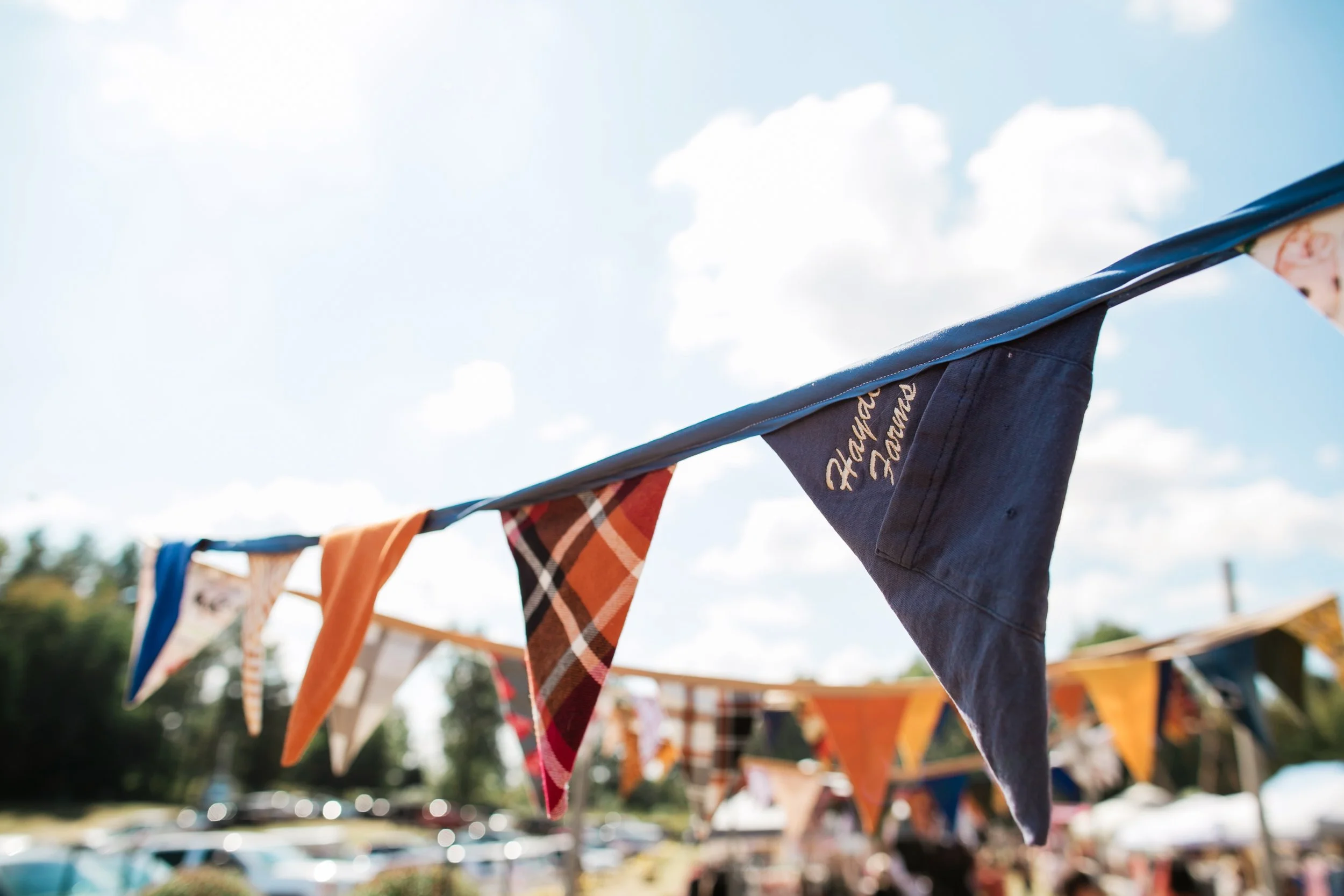We love pollinators.
Pollinators are anything that causes plants to make fruit or seeds. The movement of pollen must occur for plants to become fertilized and produce fruits, seeds, and young plants. While some plants are self-pollinating, others may be fertilized by pollen carried by wind or water. Still other flowers are pollinated by insects and animals, such as bees, wasps, moths, butterflies, birds, flies and small mammals, including bats.
Insects and other animals such as bats, beetles, and flies visit flowers in search of food, shelter, nest-building materials, and sometimes even mates. Some pollinators, including many bee species, intentionally collect pollen. Others, such as many butterflies, birds and bats move pollen accidentally. Pollen sticks on their bodies while they are drinking or feeding on nectar in the flower blooms and is transported unknowingly from flower to flower resulting in pollination.
Why are pollinators important?
- Do you like to eat?
One out of every three bites of food exists because of the efforts of pollinators, including many fruits, vegetables, and seeds. Pollinators not only are necessary for our own food, but they also support the food and habitat of animals.
- Do you like clean air?
Healthy ecosystems depend on pollinators. At least 75 percent of all the flowering plants on earth are pollinated by insects and animals! This amounts to more than 1,200 food crops and 180,000 different types of plants—plants which help stabilize our soils, clean our air, supply oxygen, and support wildlife.
- Do you want a healthy economy?
In the United States alone, pollination by honey bees contributed to over $19 billion crops in 2010, while pollination by other insect pollinators contributed to nearly $10 billion of crops.
What is a Pollinator Garden?
A pollinator garden is a garden that is planted predominately with flowers that provide nectar or pollen for a wide range of pollinating insects.
We're plotting, planning, and dreaming.
In 2018, we will cut the proverbial ribbon on our pollinator garden.
Sources
https://www.nps.gov/subjects/pollinators/what-is-a-pollinator.htm












